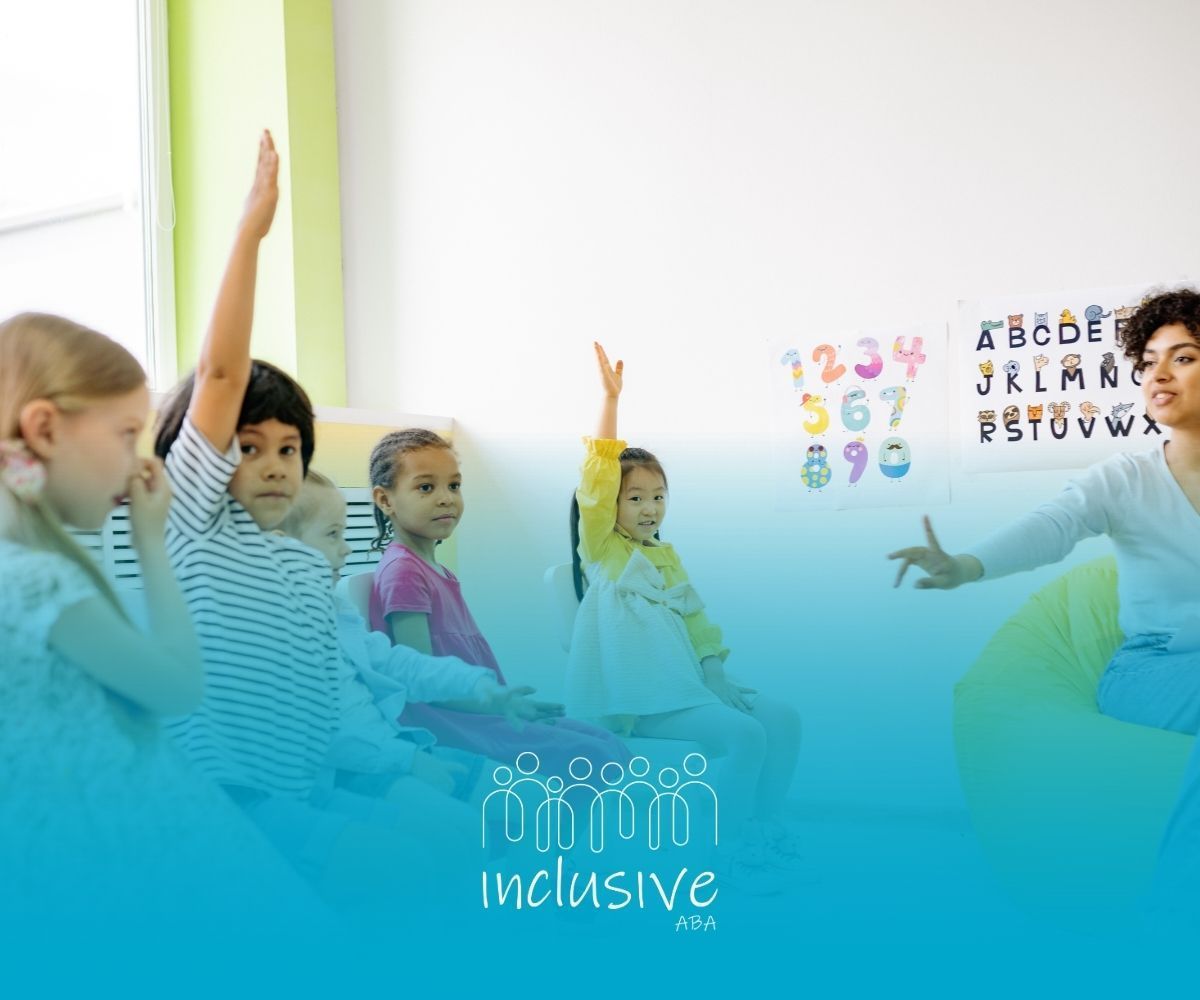Can a Child Have Autism and Still Talk Normally? Understanding Communication in Autism
A child can be diagnosed with autism and still speak clearly and fluently. While communication differences are a key part of Autism Spectrum Disorder (ASD), not every autistic child experiences delayed speech or is nonverbal. Many children on the spectrum use full sentences, have strong vocabularies, and appear to speak "normally."
However, verbal communication is just one aspect of language. Children with autism may still have difficulty with social use of language, also known as pragmatic language. This includes understanding body language, using appropriate tone, staying on topic, or recognizing when it’s their turn to speak. They may also find it challenging to interpret humor, sarcasm, or figures of speech.
Being verbal doesn’t mean a child isn’t autistic. Diagnosis considers a wide range of behaviors, including how a child interacts socially, responds to changes, and processes sensory information—not just how well they speak.
At Inclusive ABA, we support children at all levels of communication. Whether a child is just learning to talk or already speaking fluently, our goal is to strengthen their ability to communicate effectively in everyday life and social settings. Through individualized therapy, we help build lasting communication skills that go beyond words.
Frequently Asked Questions
Can autistic children talk normally?
Yes, many children with autism speak fluently.
Does being verbal mean a child isn’t autistic?
No, verbal children can still be on the autism spectrum.
What communication challenges might they have?
They may struggle with conversation skills, tone, or social cues.
Looking for Expert Help? We're Here for You!
Our compassionate and skilled team is devoted to enhancing your child's development through customized ABA therapy. Let us partner with you to create a supportive environment for your child's success.
Discover how we can help your family thrive with expert ABA therapy.
Related Posts







